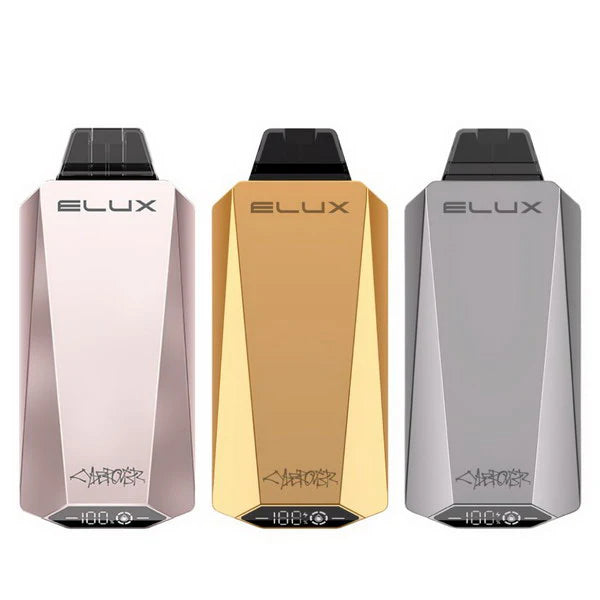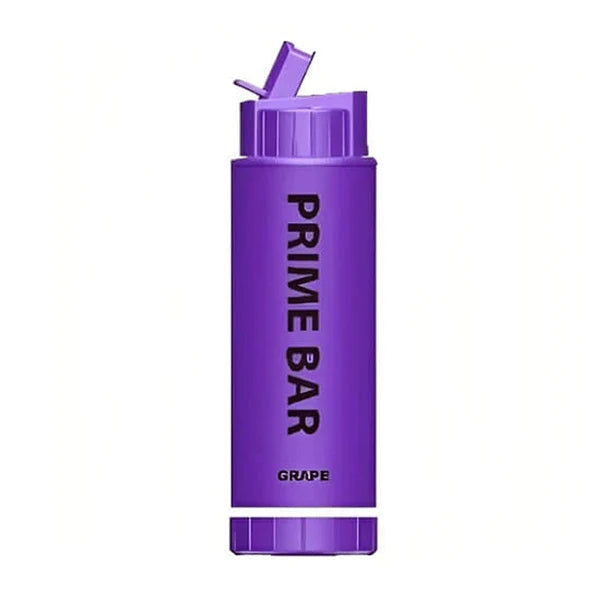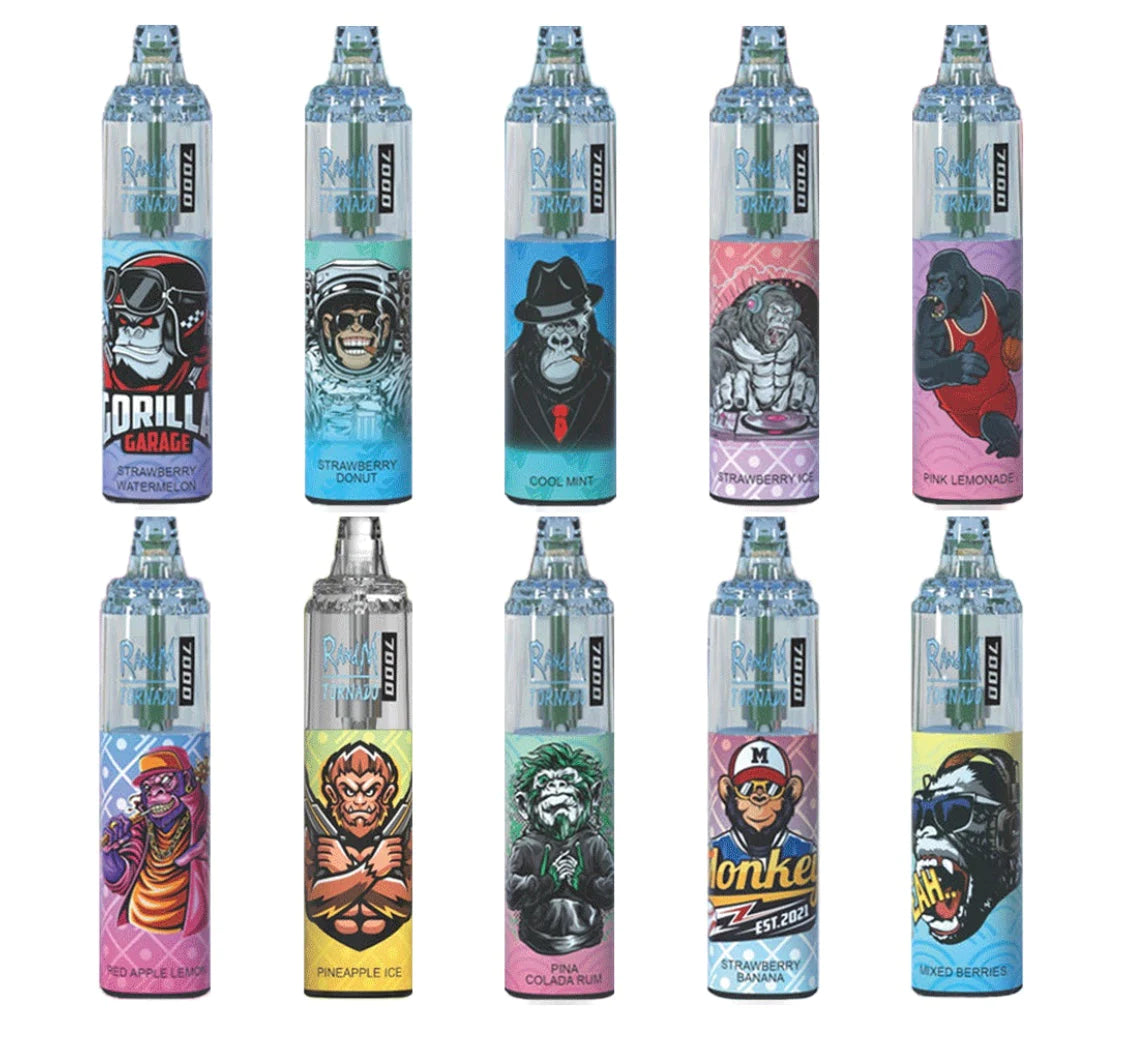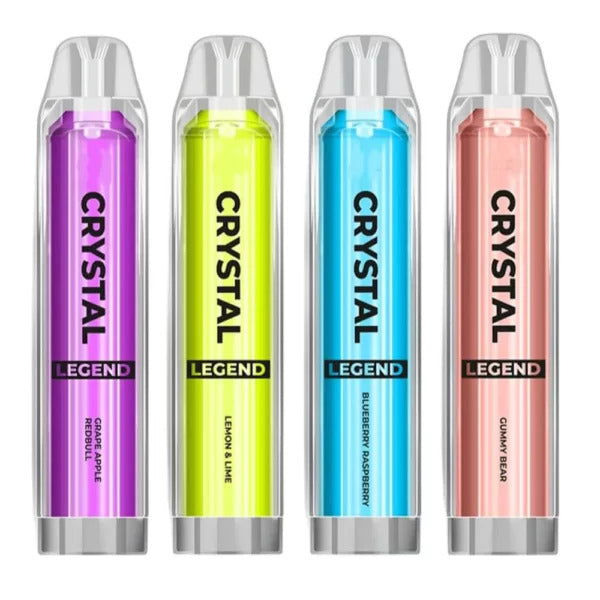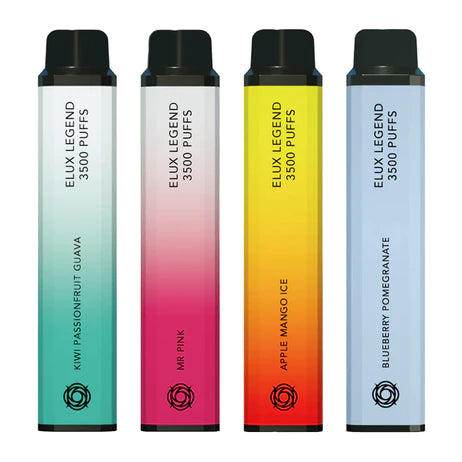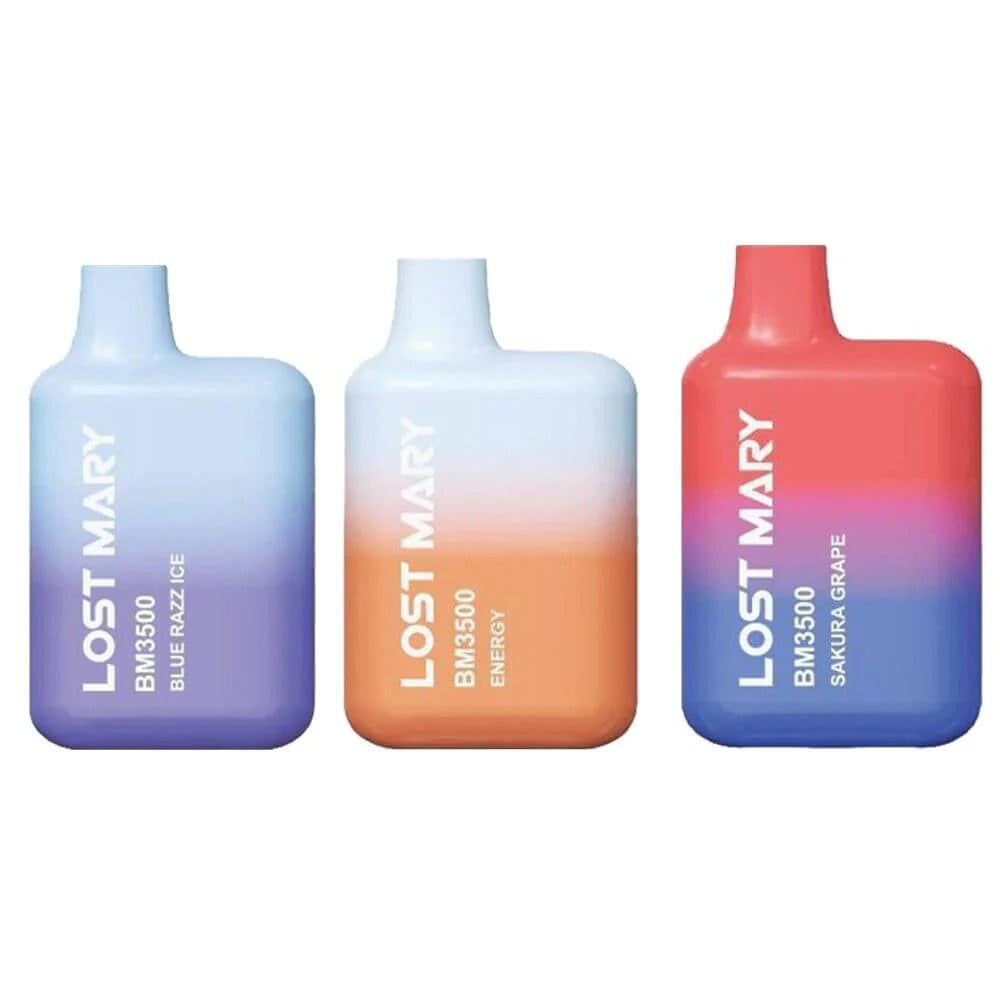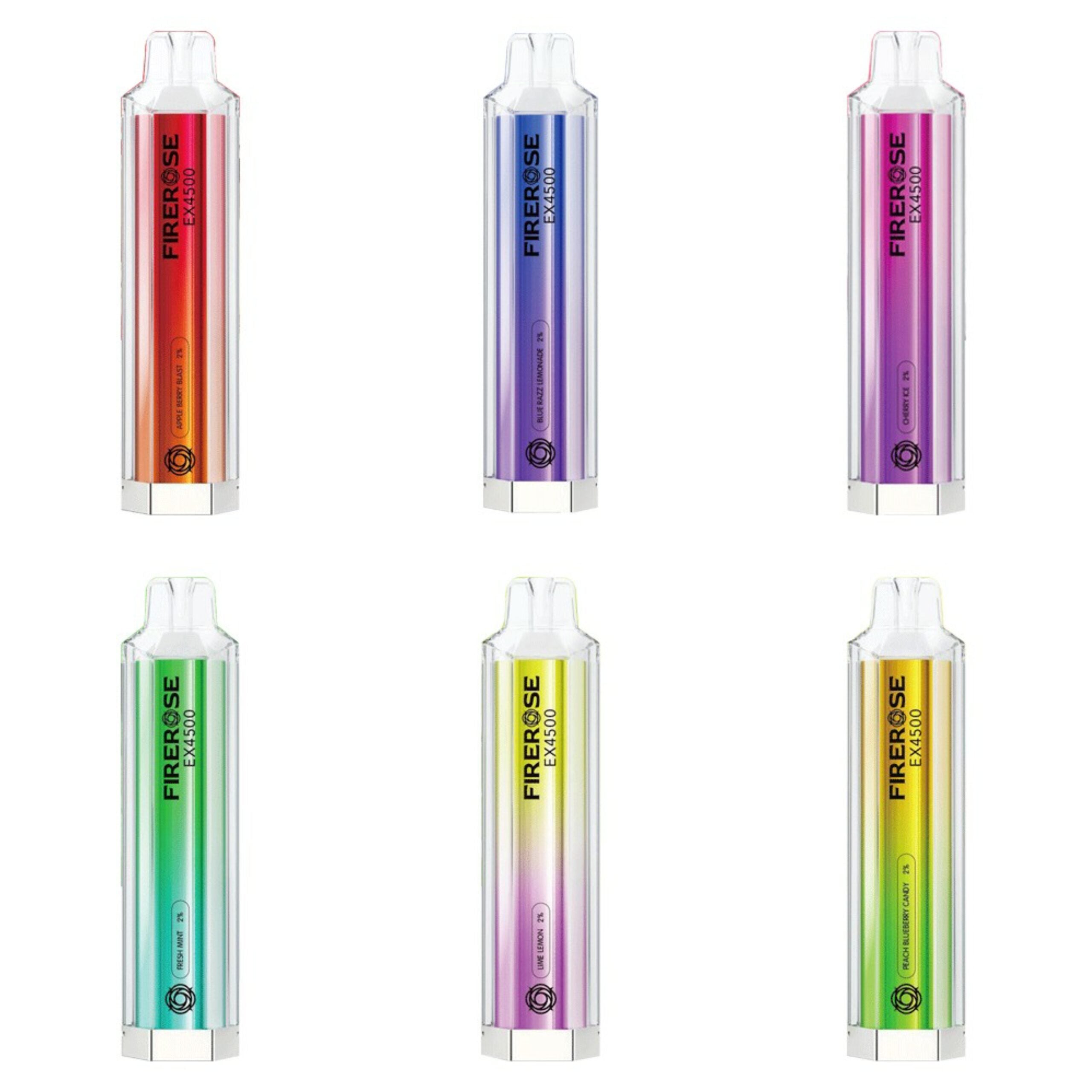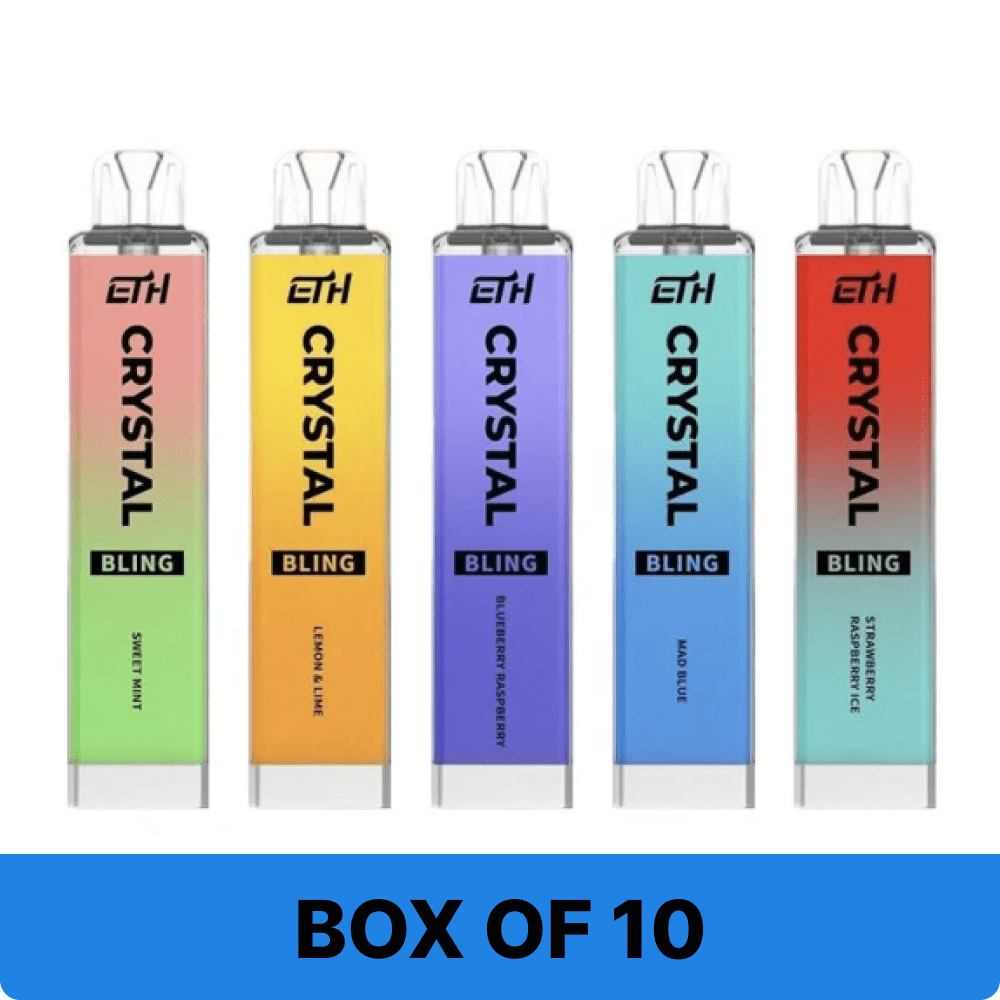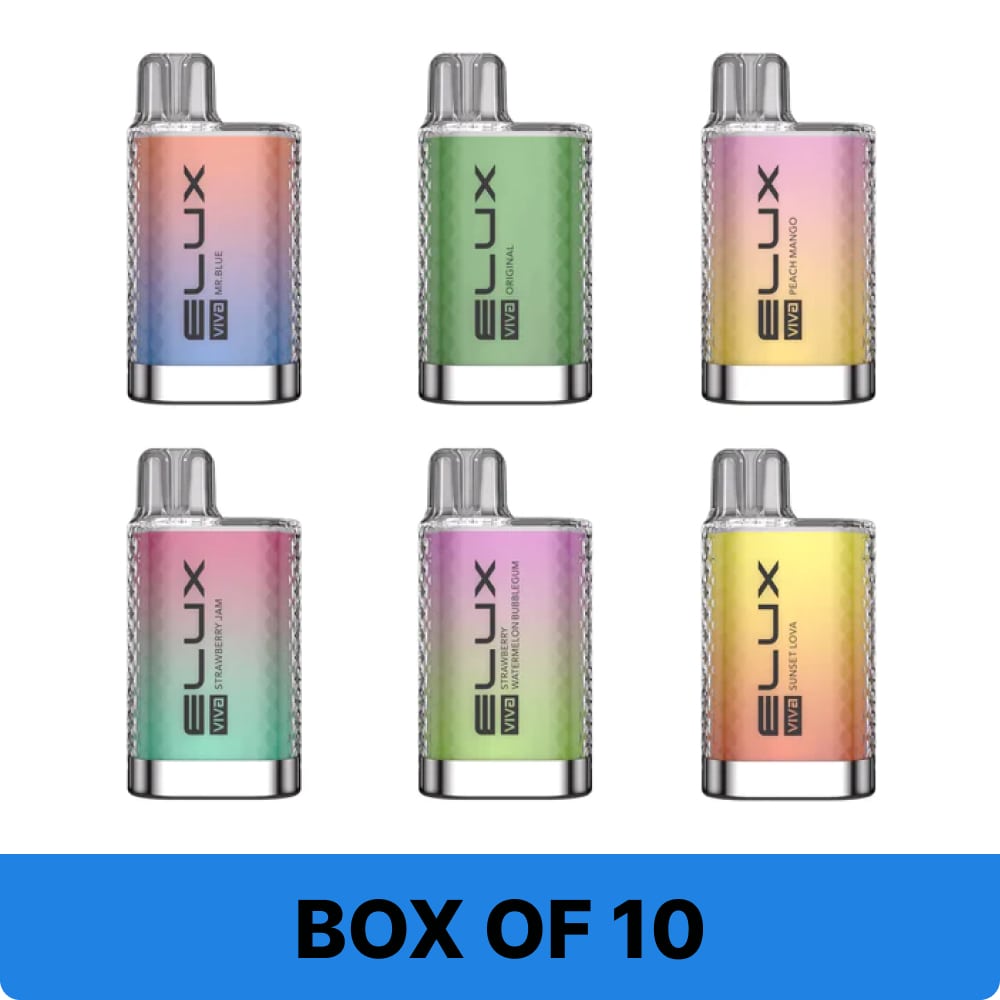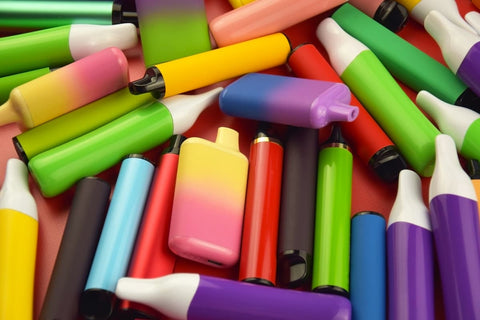Vaping has become increasingly popular in recent years, especially among young people.
It is a form of smoking that uses electronic cigarettes or e-cigarettes, which work by heating a liquid that contains nicotine and other chemicals to produce a vapor that is inhaled.
However, as vaping becomes more widespread, concerns have been raised about its potential health risks, particularly among young people.
One of the key issues is whether there are age restrictions on buying vapes, and if so, how old you have to be to purchase them. In this blog post, we will explore these questions in more detail.
The Legal Age for Purchasing Vapes
In most countries, there are laws that regulate the sale of tobacco and nicotine products, including vapes.
These laws are designed to protect public health by preventing young people from accessing these products, which are known to be harmful to health.
In the United States, for example, the legal age for purchasing vapes is 21 years old. This means that anyone under the age of 21 is not allowed to buy vapes or any other tobacco or nicotine products.
Similarly, in the United Kingdom, the legal age for purchasing vapes is 18 years old. This means that anyone under the age of 18 is not allowed to buy vapes or any other tobacco or nicotine products.
Other countries may have different age restrictions, but in general, the age limit is usually somewhere between 18 and 21 years old.
The Reasons for Age Restrictions on Vaping!
There are several reasons why age restrictions are in place for purchasing vapes.
One of the main reasons is to protect young people from the health risks associated with vaping.
Vaping has been linked to a range of health problems, including lung damage, heart disease, and even cancer.
These risks are particularly concerning for young people, as their bodies are still developing and are more vulnerable to the effects of nicotine and other chemicals.
Another reason why age restrictions are in place for vaping is to prevent young people from becoming addicted to nicotine.
Nicotine is highly addictive, and once someone becomes addicted, it can be very difficult to quit.
By restricting access to vapes and other nicotine products, young people are less likely to start using them in the first place, reducing the risk of addiction.
Finally, age restrictions on vaping are in place to prevent young people from being exposed to the harmful effects of secondhand smoke.
Vaping produces a vapor that contains chemicals and toxins, which can be harmful to those around the person who is vaping.
By limiting access to vapes, young people are less likely to be exposed to secondhand smoke, reducing the risk of health problems.
Also Read: What are the Biggest Puffs Disposable Vapes?
The Consequences of Underage Vaping
Despite age restrictions on vaping, many young people still find ways to access these products. This can have serious consequences for their health and wellbeing.
Here are some of the potential consequences of underage vaping:
-
Health problems: As we mentioned earlier, vaping has been linked to a range of health problems, including lung damage, heart disease, and even cancer. Young people who start vaping at a young age are more likely to develop these health problems later in life.
-
Addiction: Nicotine is highly addictive, and young people who start vaping are at risk of becoming addicted. This can have a range of negative effects, including increased risk of mental health problems, reduced academic performance, and financial problems.
-
Legal problems: In many countries, it is illegal for young people to buy or use vapes. If caught, they may face legal consequences such as fines or community service.
-
Social problems: Vaping can have social consequences as well. Young people who vape may be ostracized by their peers or face negative reactions from adults.
Also Read: Are Disposable Vapes Legal in the UK?
How to Prevent Underage Vaping?
Preventing underage vaping is a complex issue that requires a multifaceted approach. Here are some strategies that can be used to prevent young people from vaping:
-
Education: Educating young people about the dangers of vaping and the health risks associated with nicotine use can help prevent them from using these products in the first place.
-
Restrict access: Age restrictions on purchasing vapes are an important tool for preventing young people from accessing these products. Retailers should be vigilant about checking IDs and refusing to sell to anyone under the legal age.
-
Enforce laws: Governments should enforce laws related to the sale and use of vapes, including age restrictions and bans on advertising to young people.
-
Support cessation: For young people who are already using vapes, it is important to provide support for quitting. This can include counseling, nicotine replacement therapy, and other forms of addiction treatment.
Also Read: Are Crystal Vapes Good for Vaping?
Conclusion
In conclusion, the legal age for purchasing vapes varies depending on the country, but in general, it is between 18 and 21 years old.
Age restrictions are in place to protect young people from the health risks associated with vaping, prevent addiction to nicotine, and reduce exposure to secondhand smoke.
Despite these restrictions, underage vaping remains a problem, and it is important to take steps to prevent young people from accessing these products.
This includes educating young people about the dangers of vaping, enforcing laws related to the sale and use of vapes, and providing support for quitting for those who are already using these products.
By working together, we can help prevent the harmful effects of underage vaping and protect the health and wellbeing of young people.



